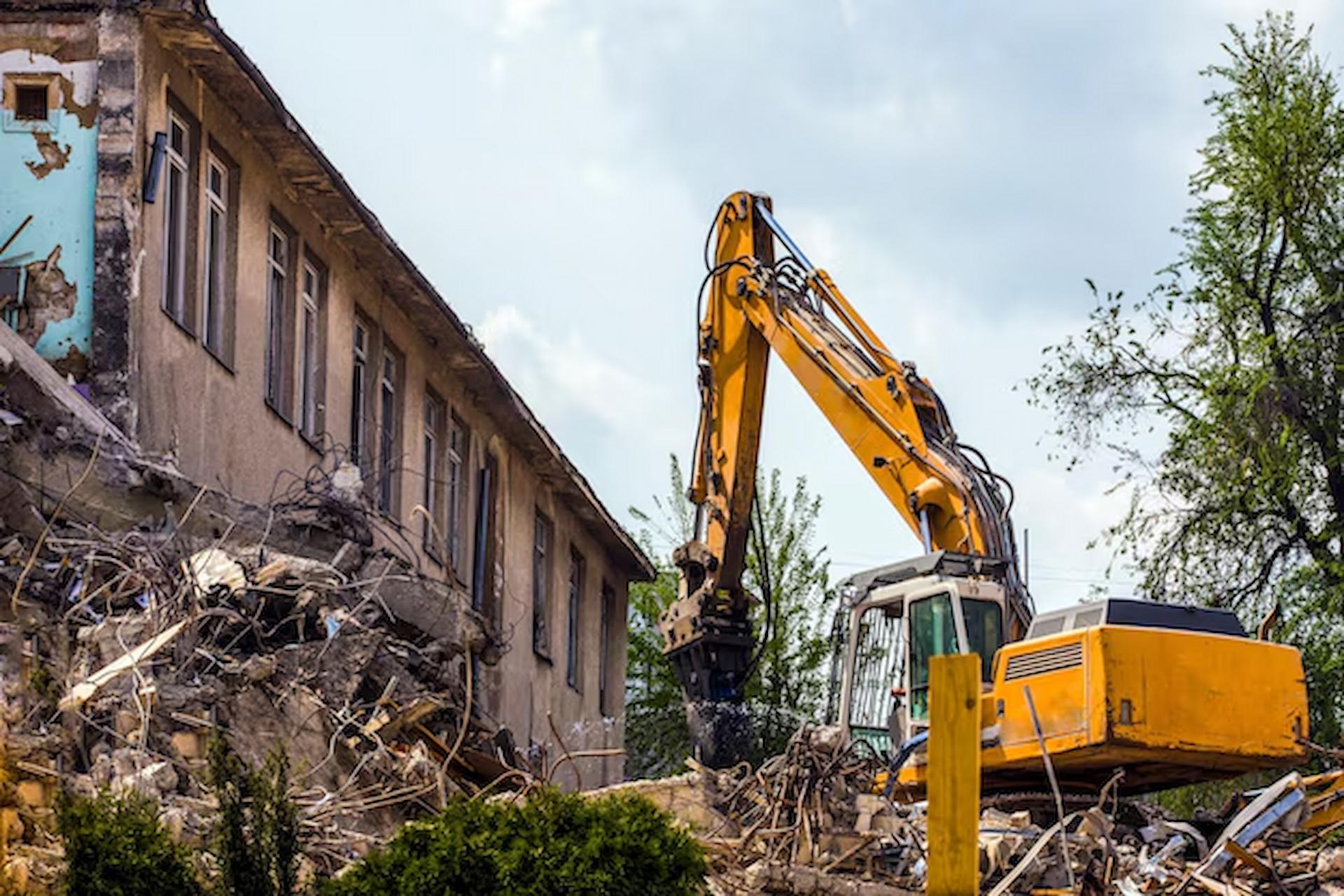Planning a demolition project? Proper preparation is key, whether a small structure or a large commercial site. This guide covers everything you need about safe and efficient demolition services. From legal steps to choosing the right contractors, learn to manage your project smoothly and responsibly while avoiding costly mistakes.
Demolition is a serious job. It involves much more than knocking down walls. Every step matters, from planning and safety to legal permissions and waste removal. Done right, demolition clears the way for new beginnings—whether you’re renovating a home or starting a major construction project. If you’re based in demolition Berkshire, knowing what’s involved will help you get the desired results without the risks.
Hiring the right demolition team is the first step. They should be trained, certified, and experienced in dealing with different structures. Residential, industrial, and commercial demolitions all require specific approaches. A professional crew ensures safety, follows regulations, and completes the work promptly.
When Do You Need a Demolition Service?
Demolition is often the best option in many situations. It clears space for a new building, removes an unsafe structure, or replaces old features like garages or outbuildings.
Common reasons for demolition include:
- Structural damage beyond repair
- Unsafe or unstable buildings
- Property redevelopment
- Site clearance for new construction
- Removal of hazardous materials like asbestos
Whatever the reason, working with a reliable demolition Berkshire company makes the process smoother and safer for everyone involved.
Planning Your Demolition Project
Before any actual work begins, a detailed plan is essential. Demolition involves risk and responsibility, so a structured approach saves time and avoids trouble. Here’s what your plan should include:
- Site Survey and Assessment
A professional site inspection checks for structural risks, environmental hazards, and access issues. This helps decide the best demolition method. - Permissions and Legal Requirements
In most cases, you need approval from the local council before starting. Planning permission or a demolition notice may be required, especially for larger properties or those near public spaces. - Utility Disconnections
Electricity, water, and gas supplies must be shut off before demolition can begin. Ignoring this can lead to serious accidents. - Safety Measures and Risk Management
Barriers, warning signs, dust control, and protective gear are all part of a safe worksite. The safety of workers and neighbours should be a top priority.
Choosing the Right Demolition Method
Not every structure needs to be brought down the same way. Your contractor will choose the method based on the size, materials, and surrounding area.
Types of demolition include:
- Manual Demolition – Using tools for small buildings or internal stripping.
- Mechanical Demolition – Using machinery like excavators or cranes for faster work.
- Controlled Demolition – Often used for larger structures, sometimes involving explosives under strict controls.
A qualified contractor will help you pick the most efficient and safe method for your project.
Waste Removal and Recycling
Demolition doesn’t end when a building comes down. A large amount of waste is usually left behind. Bricks, metal, wood, concrete, and glass must be sorted and disposed of properly.
Responsible demolition companies prioritise recycling. Many materials can be reused or repurposed, reducing the environmental impact and lowering disposal costs.
Look for providers who offer:
-
- Licensed waste handling
- On-site segregation of materials
- Skip hire or waste transport.
- Recycling of reusable components
Not only does this reduce landfill use, but it also shows your commitment to eco-friendly practices.
Avoiding Common Demolition Mistakes
Demolition work might seem straightforward, but several mistakes can delay your project or increase costs. Here’s how to avoid them:
- Skipping the survey – Always assess the site before starting work.
- Choosing the cheapest contractor – Focus on quality and safety, not just price.
- Ignoring legal steps – Ensure all permits are approved before work begins.
- Poor communication – Stay in touch with your contractor to handle issues quickly.
- Neglecting waste management – Plan how materials will be cleared and recycled.
A little preparation goes a long way. Work with experts who guide you through each step, from planning to final clean-up.
Why Local Expertise Matters
Hiring a company with local knowledge can be a significant advantage. Contractors who understand regional rules and building styles can move faster and avoid common issues.
For example, a team specialising in demolition Berkshire will know how to handle heritage buildings, environmental protections, and council regulations specific to the area. This leads to fewer delays and a smoother process.
They also tend to have established relationships with local waste facilities and authorities, making logistics more efficient.
Final Thoughts on a Successful Demolition
Demolition projects can feel overwhelming, but they don’t have to be. With proper planning, expert help, and clear goals, you can remove structures safely and prepare your site for future development.
Start by choosing a licensed and experienced demolition team. Understand the scope of work, secure the correct permissions, and manage waste responsibly. A good contractor will walk you through the entire journey, ensuring safety, speed, and compliance at every stage.
Careful planning leads to better outcomes, whether knocking down a house, clearing land, or preparing for new construction. And if you’re handling demolition Berkshire, work with local experts who know the terrain and deliver high-quality service every time.




